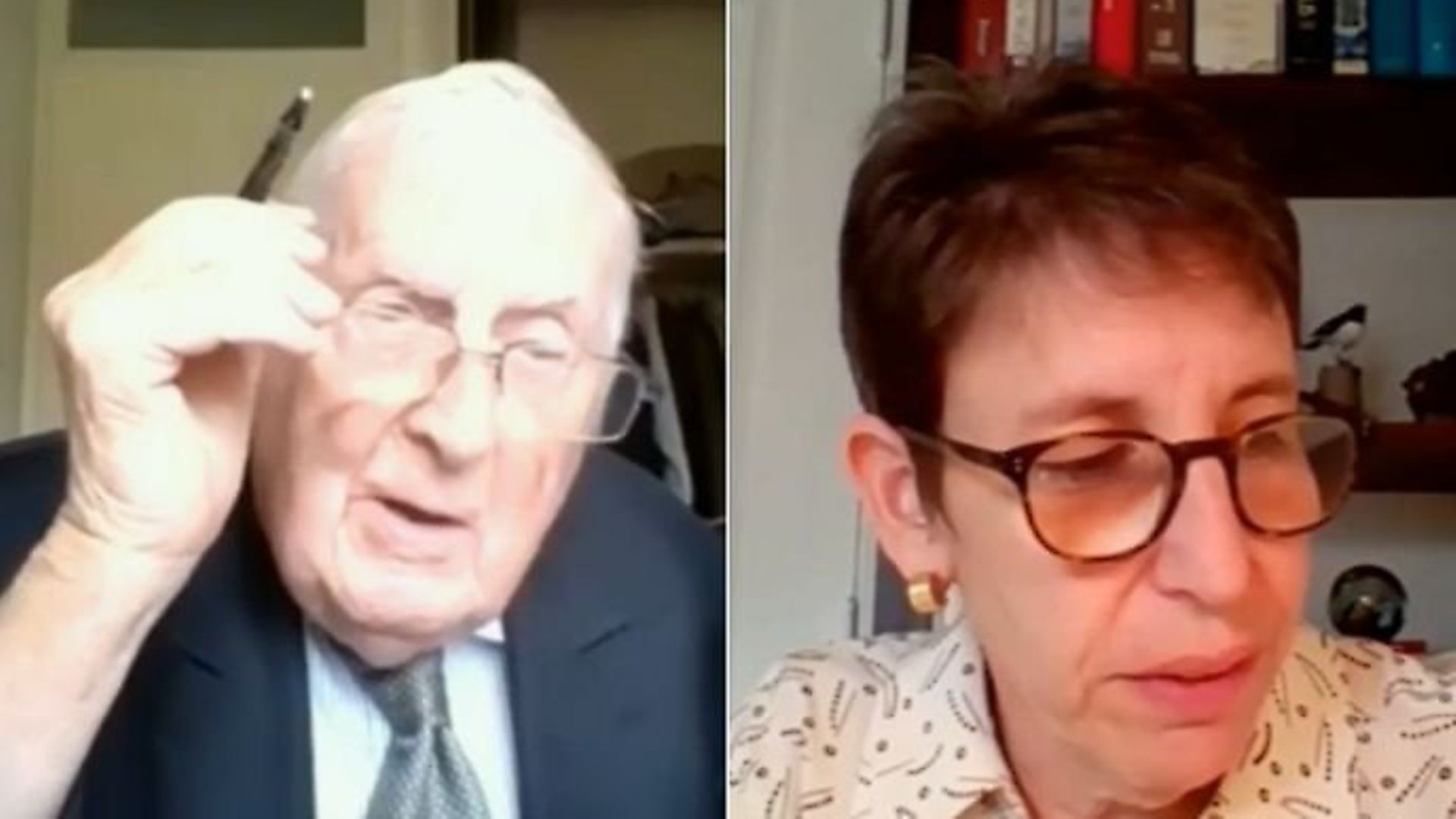
A US trade expert has suggested ways the UK could be forced to lower its agricultural standards after Brexit in order to secure a trade pact with president Donald Trump.
The head of commerce for the US-UK Business Council told a meeting of the House of Commons EU sub-committee that Britain should be prepared to cross its ‘red lines’ if it hoped to walk away with a Free Trade Agreement.
‘In any shared negotiation there are going to be shared objectives and of course there are going to be red lines,’ Marjorie Chorlins told the cross-party committee.
‘Sticking points often arise around agriculture. There is no question that will be an area of some contention. It’s just the nature of the sector.’
Chorlins suggested US negotiators would conclude a deal unless ‘regulatory cooperation’ on agriculture between the two nations could be met.
‘If you look at the priorities we set out… you’ll see the objectives we are looking for in these negotiations and I think from that you can discern fairly quickly, when you think about the objectives from the UK’s perspective, where those friction points might be’.
Lord Morris of Aberavon, a Labour peer, pressed Chorlins. ‘You mentioned specially agriculture which I’m very concern with,’ he declared. ‘Would we be expected to lower our sanitary and environmental standards. Is that going to be one of the aims?’
The US representative pauses and clears her throat before answering: ‘It’s never the objective, from our perspective, to see a country lower its standards and in fact I don’t think any government wants to lower its health and safety standards.
‘The question is to what extent those standards are based on sound science and are truly risked-based in their construction.
‘To the extent those standards don’t necessarily meet those thresholds then I think that is something we should look at.’
She added: ‘The standards by which we achieve those safe outcomes may differ but the real focus needs to be on the regulatory outcomes.’
Tory peer Lord Robathan asked whether American farmers were concerned by the debate in the UK surrounding chlorinated chicken and hormone-fed beef.
‘Again, not speaking on behalf of the farmers, because I don’t represent them but different segments of the agricultural sector have discreet objectives as well.
‘Look, the debate the UK is having on questions related to chlorinated chicken – they’re not new. We saw the same debates unfold for the Transatlantic Trade and Investment Partnership and we know that some of the more robust positions came from the UK for precisely these concerns.
‘We’re going to have differences of opinion about how we get to this regulatory outcomes but again the idea is to put safe food on people’s tables. The standards by which you achieve that outcome can vary.’
Warning: Illegal string offset 'link_id' in /mnt/storage/stage/www/wp-includes/bookmark.php on line 357
Notice: Trying to get property 'link_id' of non-object in /mnt/storage/stage/www/wp-includes/bookmark.php on line 37






